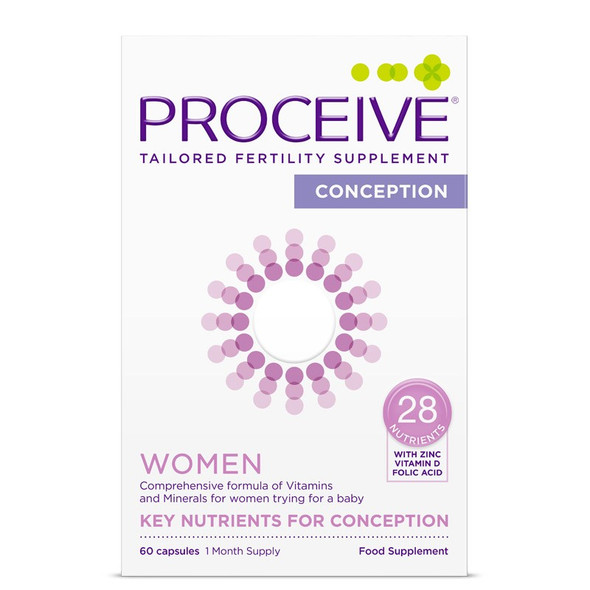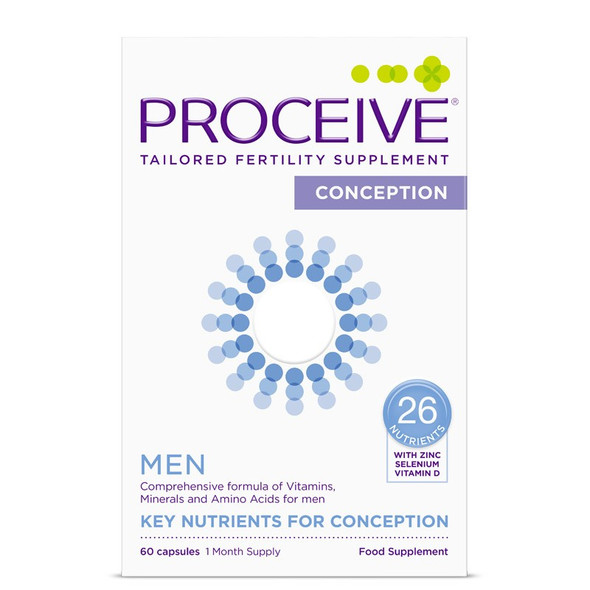What it does: This immunity-boosting vitamin promotes iron absorption and progesterone production. For women who have luteal phase defect, an issue characterized by insufficient progesterone, increased C appears to promote fertility. In guys, it helps improve sperm health and motility.
Where to find it naturally: Citrus, mangoes, tomatoes, strawberries, cherries, peas, and potatoes
IAll NHP's own brand products have now been re-named from 'Plus' to 'Support'. Vitamin C Plus is now called Vitamin C Support.
The products themselves are still exactly the same as they were before. Still the same Premium quality with the highest effective dosages and in the best bio-absorbable form possible.
- Vitamin C Plus is easily assimilated by the body and allows for maximum absorption and effectiveness.
- Vitamin C Plus is made from magnesium ascorbate which is an alkaline form of vitamin C. - Not to be confused with the more acidic and cheaper form of ascorbic acid which is more difficult for the body to absorb and can act as an irritant.
- Vitamin C Plus also contains Bilberry which is an excellent antioxidant.
- Vitamin C is one of the most important vitamins which is essential for optimum health and the efficient functioning of the many different systems of the body.
Formulated by Dr Marilyn Glenville PhD - the UK's leading nutritionist specilaising in women's health - in association with the Natural Health Practice.
Ingredients - 2 capsules will provide:
Magnesium Ascorbate 1000mg providing Vitamin C 803mg %EC RDA* 1338 providing elemental magnesium 60mg %EC RDA* 16 -Bilberry Powder Extract (Vaccinium myrtillus fruit) 180mg
Anti-caking agent: Silica Anti-caking agent: Magnesium Stearate
Capsule Shell: Hydroxypropyl Methylcellulose
Suitable for vegetarians Contained in vegetarian capsules
Recommended Intake:
For best results take 2 capsules daily (or as professionally directed) Do not exceed recommended intake * EC RDA - European Community Recommended Daily Allowance
Available Pack Size:
60 vegetarian capsules
Contra Indications:
Keep out of reach of children
Frequently Asked Questions
What are the benefits of Vitamin C for female fertility?
Vitamin C plays a crucial role in female fertility by enhancing progesterone production, which is essential for regulating the menstrual cycle and supporting pregnancy. Studies have shown that women with low progesterone levels who supplemented with 750 mg of vitamin C daily experienced increased progesterone levels and higher pregnancy rates. Additionally, vitamin C's antioxidant properties help protect eggs from oxidative stress, preserving their quality and viability.
How does Vitamin C improve male fertility?
Vitamin C enhances male fertility by protecting sperm from oxidative damage, thereby improving sperm count, motility, and morphology. Research indicates that vitamin C supplementation can lead to significant improvements in these parameters, contributing to better overall sperm health. Furthermore, vitamin C helps prevent sperm agglutination (clumping), ensuring better motility and increasing the chances of successful fertilization.
What are natural food sources of Vitamin C?
Vitamin C is abundant in various fruits and vegetables. Some of the richest sources include citrus fruits (oranges, lemons, grapefruits), berries (strawberries, blueberries, raspberries), kiwi, papaya, pineapple, bell peppers, dark leafy greens (spinach, kale), broccoli, and Brussels sprouts. Incorporating these foods into your diet can help maintain adequate vitamin C levels.
What is the recommended daily intake of Vitamin C for adults?
The Recommended Dietary Allowance (RDA) for vitamin C varies by age and gender. For adult men, the RDA is approximately 90 mg per day, while for adult women, it is about 75 mg per day. However, for individuals focusing on fertility, higher intakes may be beneficial under medical supervision. It's essential to consult with a healthcare provider before significantly increasing vitamin C intake.
Can Vitamin C supplementation improve fertility outcomes?
Yes, vitamin C supplementation has been associated with improved fertility outcomes in both men and women. In women, it can enhance progesterone levels and protect eggs from oxidative damage. In men, it improves sperm quality by increasing count, motility, and morphology. However, it's important to consult with a healthcare provider before starting any supplementation regimen.
Are there any risks associated with high Vitamin C intake?
Excessive intake of vitamin C (above 2,000 mg/day) may cause side effects such as diarrhea, nausea, and kidney stones. It's important to adhere to recommended dosages and consult with a healthcare provider before significantly increasing vitamin C intake.
How does Vitamin C interact with other nutrients in supporting fertility?
Vitamin C works synergistically with other antioxidants like vitamin E and selenium to protect reproductive cells from oxidative stress. This combined antioxidant effect enhances sperm and egg quality, contributing to improved fertility outcomes.
Can lifestyle factors affect Vitamin C levels and fertility?
Yes, lifestyle factors such as smoking can deplete vitamin C levels and increase oxidative stress, negatively impacting fertility. Maintaining a healthy lifestyle, including a balanced diet rich in vitamin C, regular exercise, and avoiding smoking, can support optimal fertility.
Is Vitamin C supplementation necessary if I have a balanced diet?
Many people can meet their vitamin C needs through a balanced diet rich in fruits and vegetables. However, those with dietary restrictions or increased oxidative stress may require supplements. It's advisable to consult with a healthcare provider to determine individual needs.
How long does it take for Vitamin C to impact fertility?
The effects of vitamin C on sperm quality may take several weeks to months, as sperm development cycles are approximately 74 days. Consistent intake is crucial for noticeable improvements.
















